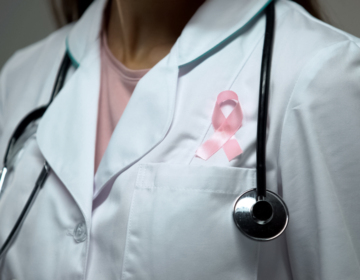What is Polycystic Ovary Syndrome (PCOS)?
Polycystic Ovary Syndrome (PCOS), also known as Polycystic Ovarian Syndrome, is a common health problem caused by an imbalance of reproductive hormones. The hormonal imbalance creates problems in the ovaries and in other parts of the body.
The ovaries create the eggs that are released each month as part of a healthy menstrual cycle. With PCOS, the egg may not develop as it should, or it may not be released during ovulation as it should be.
What are the symptoms of PCOS?
Not everyone with PCOS experiences all of the symptoms. They may also change over time.
- Missed periods, irregular periods, or very light periods
- Excessive body hair
- Weight gain, especially around the belly/abdomen
- Acne or oily skin
- Male pattern baldness or thinning hair
- Infertility or difficulties falling pregnant
- Small pieces of excess skin on the neck or armpits (skin tags)
- Dark or thick skin patches on the back of the neck, in the armpits, and under the breasts
- Ovaries that are large or have many cysts
Who can get PCOS?
Most women find out they have PCOS in their 20s and 30s, when they have problems falling pregnant and see their doctor.
Many women experience challenges being diagnosed, or being dismissed by medical professionals. It can take several years to receive a diagnosis of PCOS, during which it may have a large disruption on the person’s life.
Women with PCOS are more likely to experience depression, anxiety, low self-esteem, or other mental health conditions.
How is PCOS diagnosed?
There is no one definitive test that can diagnose PCOS. The diagnosis of PCOS is a clinical diagnosis, meaning that it is based on your medical history and not any specific test.
Two criteria can help determine if you have PCOS:
- Signs of androgen excess (excessive body hair growth, acne, elevated blood testosterone level)
- Visible PCOS on ultrasound
What is the treatment for PCOS
A variety of treatments are available that address the symptoms of PCOS. Treatment is tailored depending on the patient’s individual symptoms, risk factors, and other health issues. Please see your GP for more information.


